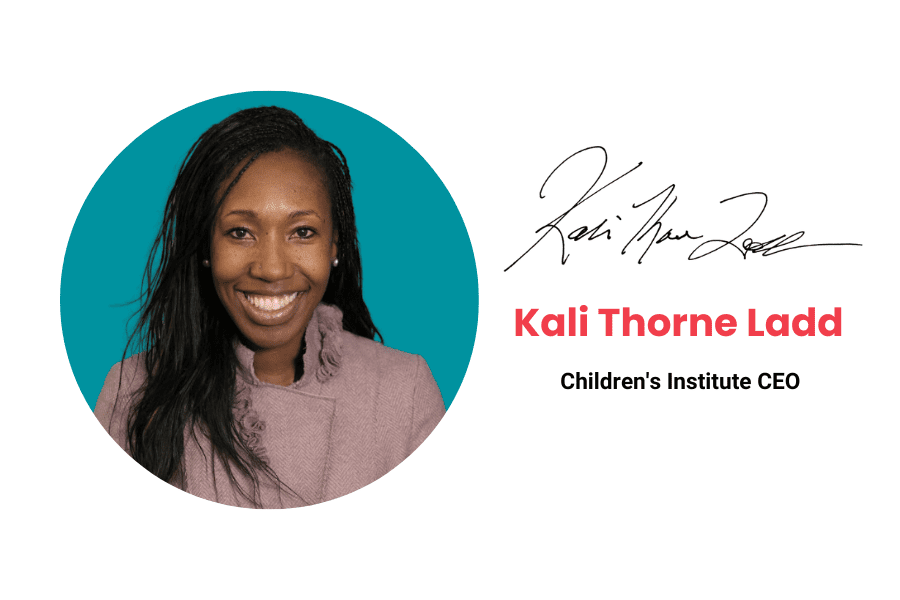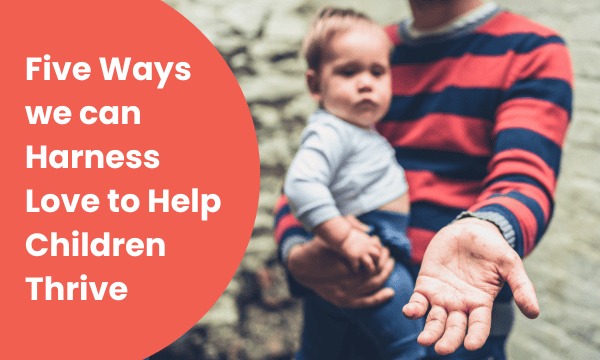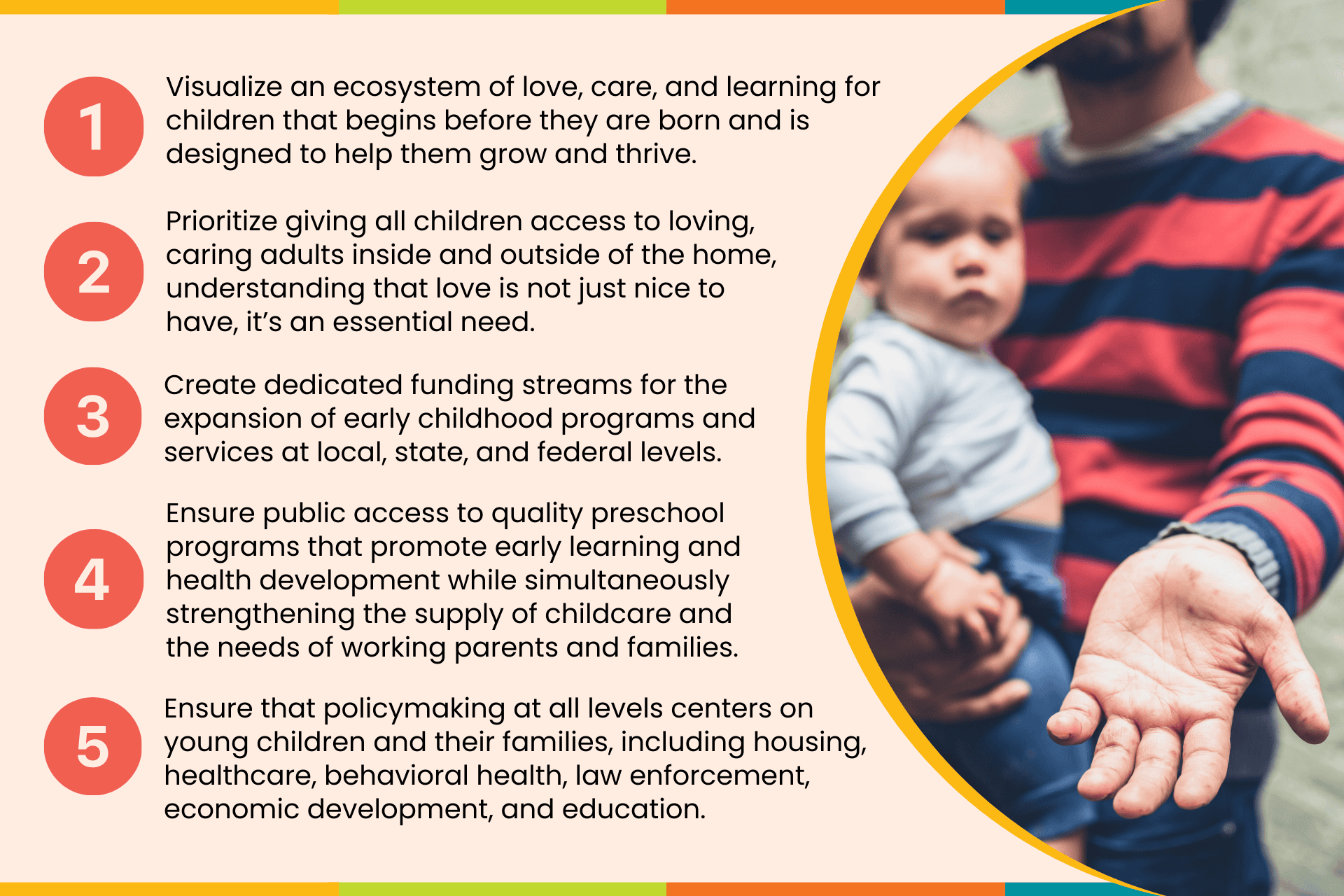
School’s In—Let’s Get to Work for Oregon’s Kids

Children head back to school, ready for a new year of learning, growth, and possibility. Photo credit: Image by FatCamera via Getty Images Signature, available on Canva.
It’s that familiar rhythm for families across the nation: back-to-school time! This season marks the steady drumbeat of back-to-school nights, morning madness, school-bus scrambles, and those “saved by the bell” close calls.
As both a mom and an education professional, September always feels like a thumbprint on a new year, just like January does.
Much like the students and educators heading back to school, Children’s Institute is entering a season of focus: we’re renewing our commitment to support schools statewide, equipping them with the tools they need to optimally serve young children.
I invite you to join us as we recommit to the year ahead with a sense of possibility, using these core values as our compass:
- Connectedness: We are supporting classroom communities to ensure all young learners know they belong, and we’re building bridges across rural and urban communities to make that happen!
- Equity: We are working across Oregon to ensure education systems support every young child’s success, especially those furthest from opportunity.
- Honor: In our daily work, we honor the children at the center of our mission; the educators who teach them, and the families and caregivers who help them thrive.
- Innovation: We embrace innovation to imagine new solutions and release limiting beliefs.
- Learning: We embody learning not just as a practice, but as a mindset: “Stay engaged and curious. Learn like a child does!” That’s how we stay ahead and make progress in early childhood education.
Children give me hope. Every. Single. Day. Let’s be intentional and keep our eyes toward the future, with them in mind. Transformation requires focus and collective effort to make Oregon a place where all children can play, learn, grow, and thrive—from the moment they’re born.
Our work ahead is complex, but not insurmountable when we keep our eyes on the prize. Let’s do this!
All in for children,
Kali Thorne Ladd
CEO, Children’s Institute

Are you registered for the 2025 Champions for Children Luncheon? Join us on October 30 to learn how our school partnerships are making an impact. RSVP here!






